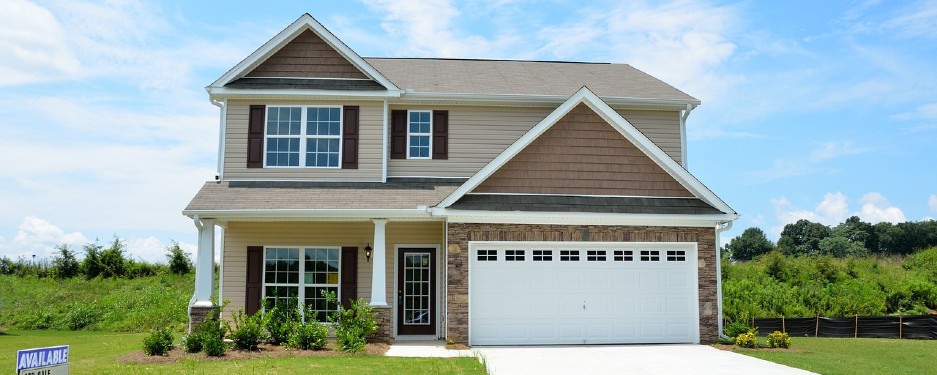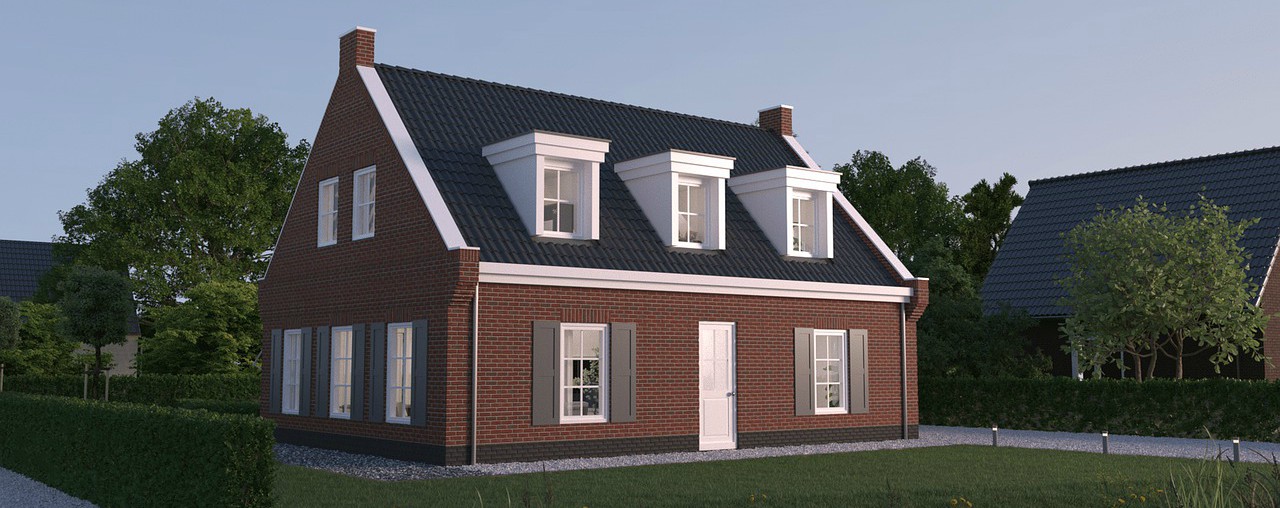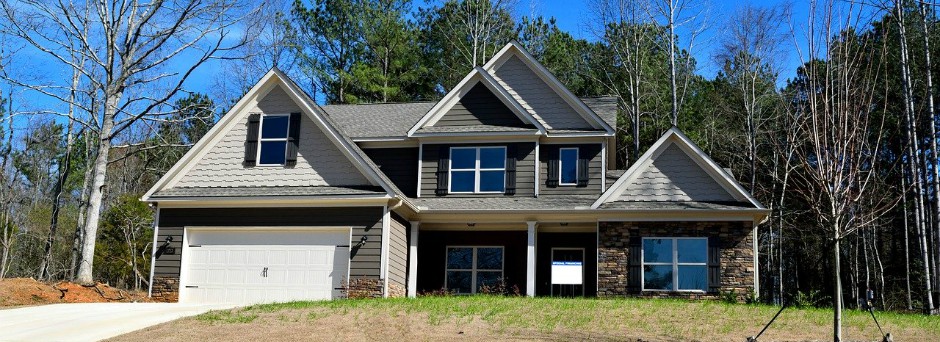Every year, storms are responsible for knocking over or breaking off limbs of numerous trees. Unfortunately, sometimes, a limb or tree falls on our house or other property. Cleaning up the damage from a storm can be a difficult task, both physically and emotionally. And things can become especially tense when you discover that it’s your neighbor’s tree that damaged your house.
To make matters worse, many homeowners are surprised to discover that if a neighbor’s tree falls on their house, it’s usually their own homeowners policy—not their neighbor’s—that will cover the cost of the damages. What follows are general guidelines for who pays what in various situations. However, you should also check your homeowners policy for coverages and exclusions. (Click here to learn more about homeowners insurance policies)
Your Property, Your Policy
Generally speaking, if your property is damaged, you are responsible for the damages. It doesn’t matter if the tree or limb came from your property, your neighbor’s property or even municipal property. Keep in mind that a windstorm isn’t anyone’s fault; it’s an act of nature. If a tree does damage your property during a windstorm, your policy will cover the damages. After all, that’s why you purchased a homeowners policy. To protect yourself against unforeseen losses like a tree damaging your house.
Their Property, Their Policy
It might seem unfair that if it’s your neighbor’s tree that damages your home, you should have to pay. Fortunately for you, that standard applies both ways. If a storm rolls through and your tree falls and damages your neighbor’s house, his or her insurance is going to cover the damages.
Negligence and Liability
So far, these scenarios have been fairly straightforward. But what happens when it wasn’t a storm that made the tree fall? Instead, your neighbor’s tree was hollowed out from years of disease, and he’d neglected to do anything about it. In fact, it was so diseased that you expressed your concern to your neighbor that it might topple over and damage your property. Unfortunately, one day, that’s exactly what happens. What then?
Your insurance carrier is still going to be the one paying your claim. However, if you can prove your neighbor knew that the tree was diseased and that he or she neglected to fix it your insurance carrier would probably attempt to collect from your neighbor’s insurance. If your carrier is successful, you could be reimbursed for your deductible.
Remember, though, this rule also applies the other way. If you have diseased or damaged trees on your property and they damage your neighbor’s house, he or she can try to prove your negligence. Your property is your responsibility. So it’s best to inspect your trees every year for signs of disease or damage. If you’re not sure what you’re looking for, consider having a professional arborist examine your trees.
Other Structures
If the tree doesn’t damage your house but instead damages your fence, are you still covered? Generally, you are. Most homeowners policies distinguish between two different kinds of structures on your property. The “dwelling” refers to your house and any attached structures (like an attached garage), as well as any fixtures attached to the house. “Other structures,” including detached garages, sheds, fences or gazebos, are also insured, but typically only for 10 percent of the coverage on your dwelling.
Vehicles
If, in the aftermath of a storm, you discover that a tree has fallen on your car, your homeowners policy doesn’t apply. Instead, you’ll be looking at your auto policy. If you have comprehensive coverage on your vehicle, your auto insurance carrier will pay for the damages, after you pay your deductible. The same rule would apply to a guest’s car. Hopefully, he or she took out comprehensive coverage, too.(Click here to learn about auto insurance)
Removal and Cleanup
What if the tree fell but didn’t hit anything? Would you be covered for removal costs? If the fallen tree blocks a path to your front door or driveway, then many homeowners policies would pay for removal. Generally, the maximum coverage is around $500. If the tree simply falls in the middle of your yard, your policy likely wouldn’t cover it. Unless the fallen tree damaged insured property, there is no loss to file a claim for.
Replacement
Replacing the trees themselves can be more complicated. Trees that have fallen due to wind damage may or may not be covered, so it’s best to check with your broker. Most policies offer limited coverage for trees that have fallen due to fire, lightning, explosion, theft, vandalism, malicious mischief or aircraft. Amounts and exclusions will vary. It’s important to read your policy and check with your broker if you have any questions.
Making Sure You’re Covered
Hopefully, your trees grow and endure. In the event that they fall, it’s important to know that you’re covered. Contact our office today to make sure that you have sufficient coverage for whatever might blow your way.
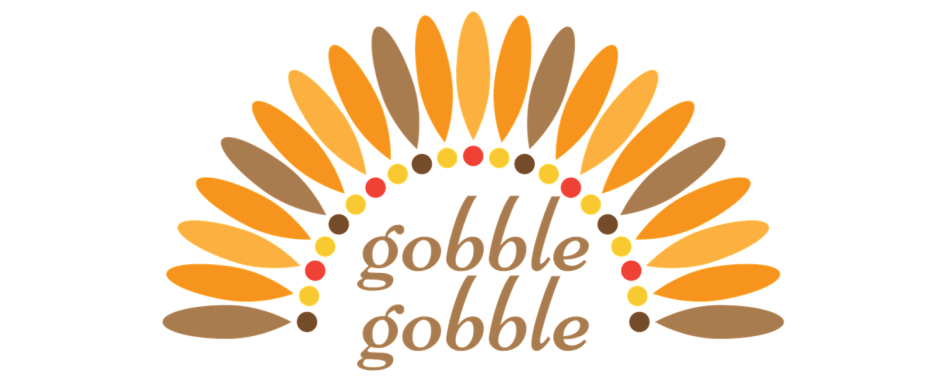
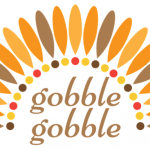 Thanksgiving will be here before we know it and chances are you’re already planning your menu. Everyone loves the green bean casserole, mashed potatoes, sweet potatoes, pumpkin pie, and lets not forget the main star…the turkey! But there are a few thinks to keep in mind when preparing your turkey this Thanksgiving.
Thanksgiving will be here before we know it and chances are you’re already planning your menu. Everyone loves the green bean casserole, mashed potatoes, sweet potatoes, pumpkin pie, and lets not forget the main star…the turkey! But there are a few thinks to keep in mind when preparing your turkey this Thanksgiving.